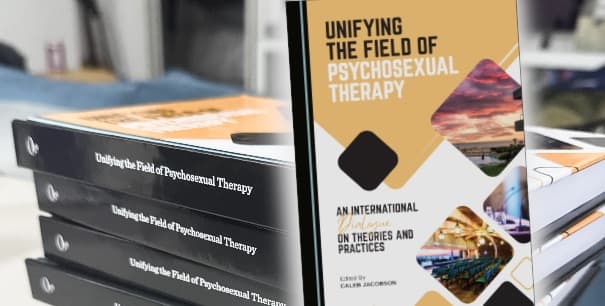ADHD & Sex #4: the power of touch
Both my wife and I are guilty of not hearing the other person. She will tell me, “I’ll be in my office.” Twenty minutes later, I’m searching the house for her. My statement of “I’m going down to the garden” appears to fall on deaf ears when she asks me where I’ve been for the last hour, followed by a reply of “You could have told me you were going down there.”
“But I did tell you” is something we both often find ourselves saying with little consolation to our feelings or assuage any potential frustration, anger, or resentment towards our partner.
Rather than solely rely on verbal communication, we have found a better way to connect with the ADHD brain is to combine talk with touch.
Reach out and touch your partner’s shoulder or their arm. This touch creates one more moment of connected attention to bring your partner’s focus into the conversation. With their focus in the conversation, make eye contact and then share what you want to say. The physical, visual, and auditory connection may make a world of difference.
One might ask how this non-sexual touch and communication relates to sex. The answer, as Chris our certified sex therapist says: most people don’t want to have sex when they’re not happy with their partner. Feeling seen, heard, and acknowledged by your partner helps build safety, respect, and happiness in your relationship.







